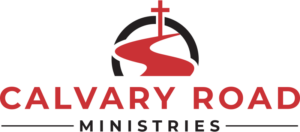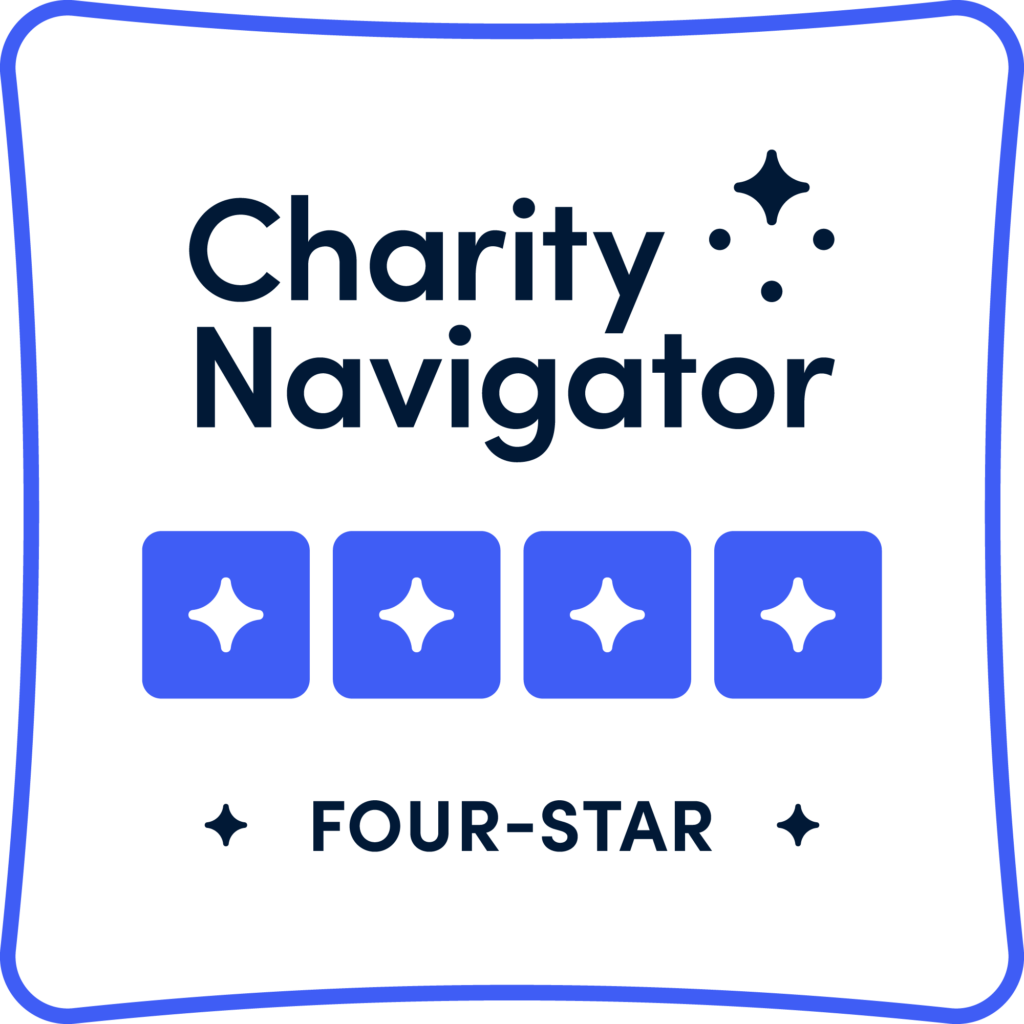Conflict of Interest Policy
Reason for the Policy
Calvary Road Ministries (CRM), as a nonprofit, tax-exempt organization, depends on charitable contributions from the public. Maintenance of its tax- exempt status is important for its continued financial stability and the receipt of contributions and public support. Since CRM depends on the public trust, it is subject to scrutiny by, and accountability to, both governmental authorities and members of the public.
Consequently, there exists between CRM and its Trustees, Officers, Committee members, and management employees a fiduciary duty and the duty of loyalty and fidelity. CRM’s Trustees, Officers, Committee members, and management employees are charged with the responsibility to administer CRM’s affairs honestly and prudently, exercising their best care, skill, and judgment for CRM’s sole benefit. CRM’s Trustees, Officers, Committee members, and management employees shall exercise the utmost good faith in all transactions and carrying out their duties and shall not use their CRM positions or knowledge gained therefrom for their personal benefit. CRM’s interests must have absolute priority in all their decisions and actions.
Subject to the following provisions, as a general rule, no Trustee, Officer, Committee member, and/or management employee, if any, or any members of their immediate families should accept any gift, entertainment, service, loan, or promise of future financial or non-financial benefits from any person and/or firm that will directly or indirectly benefit, or appear to benefit, or whose employees might directly or indirectly benefit, or appear to benefit, from such Trustee’s, Officer’s, Committee member’s, and/or management employee’s connection with CRM, unless the facts of such gift, entertainment, service, loan, or promise of future financial or non-financial benefits are disclosed in good faith and authorized by the Executive committee and/or Board.
Persons Concerned
This Policy is directed to all Trustees, Officers, Committee members, and management employees with the office and ability to influence CRM’s actions (i.e., all Trustees, Officers, Committee members, and/or management employees who make purchasing decisions, could be described as “management personnel,” and/or have access to CRM’s confidential and proprietary information).
Relationships in Which a Material Conflict of Interest May Arise
- Persons and firms supplying goods and services to CRM.
- Persons and firms from whom CRM leases property and equipment.
- Persons and firms with whom CRM is dealing or planning to deal in connection with the gift, purchase or sale of real estate, securities, or other property.
- Competing or affinity organizations.
- Donors and others supporting CRM.
- CRM grant recipients.
- Agencies, organizations, and associations affecting CRM’s operations.
- Family members, friends, and other employees.
Material Conflicting Interests
- Owning stock or holding debt or other proprietary interests in any third-party dealing with CRM.
- Holding office, serving on the board, participating in management, or being otherwise employed (or formerly employed) by any third-party dealing with CRM.
- Receiving payment for services for individual transactions involving CRM.
- Using CRM’s time, personnel, equipment, supplies, or goodwill other than for approved CRM activities, programs, and purposes.
- Receiving personal gifts or loans from third parties dealing with CRM. Receipt of any gift is disapproved except gifts of nominal value that cannot be refused without discourtesy. Officers, Trustees, Committee members, and management employees must determine for themselves the most gracious method of declining gifts, entertainment, and benefits that do not meet the terms and intent of this Policy. No personal gift of money should ever be accepted.
Interpretation of This Policy
The above material conflicting interests and relationships in which such conflicts may arise are not exhaustive. Material conflicting interests may arise in other areas or through other relationships. Trustees, Officers, Committee members, and management employees must be on guard to recognize such material conflicting interests and relationships by analogy.
The fact that one of the interests described above does not mean necessarily that a conflict exists, or that the conflict, if it exists, is material enough to be of practical importance, or if material that upon full disclosure of all relevant facts and circumstances that it is necessarily adverse to the interests of CRM.
However, it is the Board’s policy that the existence of any of the material conflicting interests described above must be disclosed on a timely basis and always before any transaction is consummated. It is the continuing responsibility of Trustees, Officers, Committee members, and management employees to scrutinize their transactions and outside business interests and relationships for potential conflicts and immediately make any such disclosures.
This Policy, however, does not apply to gifts and/or similar entertainment of nominal value that clearly are in keeping with good business ethics and do not obligate CRM and/or the recipient.
Disclosure Policy and Procedure
- A material transaction is fully disclosed in the audited financial statements of the organization, if any.
- The related party is excluded from the discussion and approval of such transaction.
- A competitive bid or comparable valuation exists.
- The Board has acted upon and demonstrated that the transaction is in CRM’s best interest.
Disclosures by Committee members and employees must be made to the President (or if he or she is the one with the conflict, to the Board Chair). Disclosures by Officers must be made to the Board Chair (or if he or she is the
one with the conflict, to the full Board). The person receiving such a report shall determine whether (i) a conflict exists and, if so, is material, and (ii) if the matter is material, bring it to the attention of the Executive Committee and the Board. In the presence of a material conflicting interest, the Board will decide whether the contemplated transaction may still be authorized as just, fair, and reasonable to CRM. Decisions on such matters will be at the Board’s sole discretion with the Trustees’ primary concern being the welfare of CRM and the advancement of its purpose.
For the purposes of making conflict of interest determinations, the CRM Board directs the Treasurer to send the CRM Conflict of Interest Disclosure Questionnaire to the Trustees, Officers, Committee members, and management employees, if any, on an annual basis on or before September 1, tabulate the Questionnaire responses, and report the results to the Finance Committee, the Executive Committee, and the Board at the annual fall meeting.
Approved and adopted by the CRM Board of Directors on October 12, 2023.
Print the Conflict Of Interest Disclosure Questionnaire PDF or complete and submit the form below.




